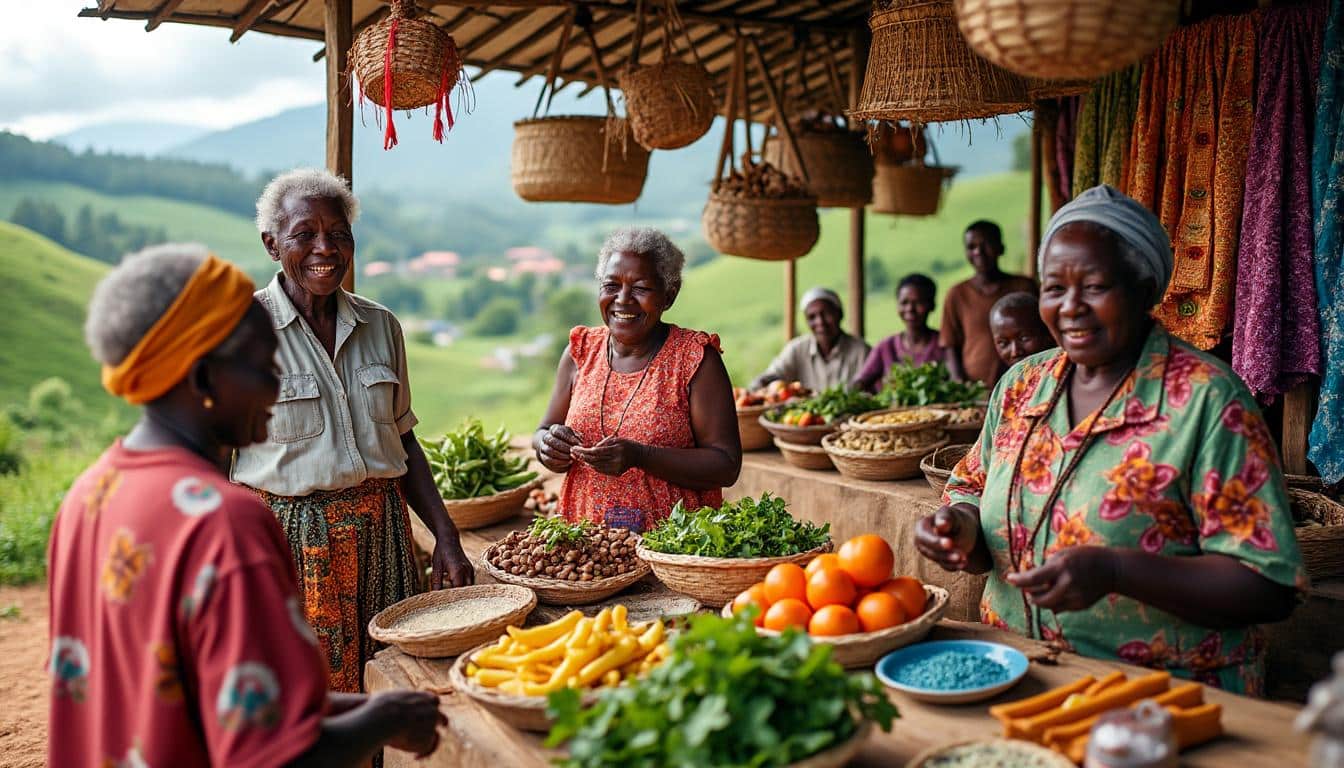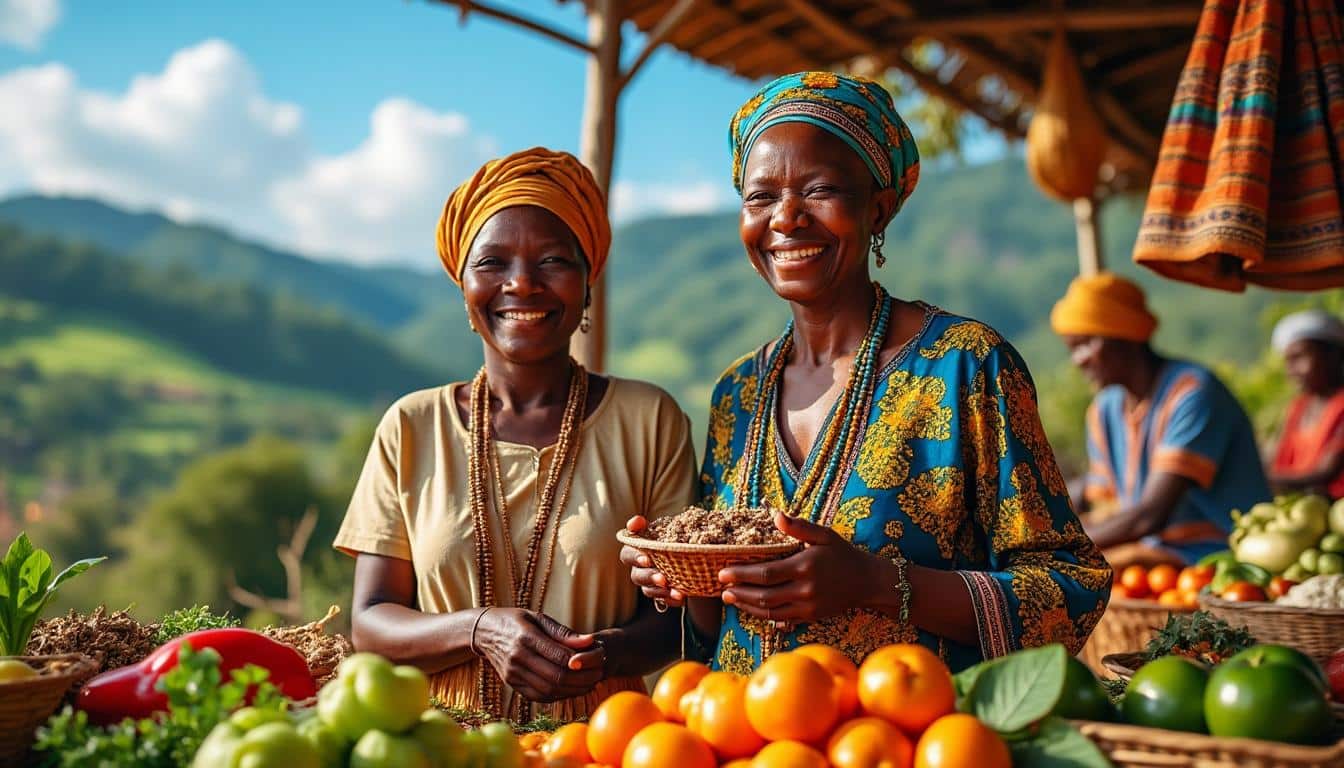Welcome to our digital universe where every interaction counts.Your user experience is at the heart of our concerns.We are committed to protecting your personal data.
To provide and maintain our Google services, we use cookies and data. These tools allow us to track outages, protect against spam, fraud, and abuse, as well as measure audience engagement and site statistics. If you choose to « Accept all », we will also use this information to develop and improve new services, deliver and assess the effectiveness of ads, and display personalized content and ads according to your settings. If you opt to reject all options, we will not use cookies for these additional purposes. Non-personalized content is influenced by factors such as the content you are currently viewing, your activity in your active search session, and your location. Non-personalized ads are based on the content you are viewing and your general location. Additionally, personalized content and ads may include more relevant results, tailored recommendations, and custom ads based on your past activities such as your previous searches on this browser. We also use cookies and data to appropriately tailor the experience to your age, if necessary.

Rwanda, a burgeoning country in East Africa, is experiencing a significant demographic transformation. The silver economy is emerging as a proactive response to the aging of its population, turning this challenge into an economic and social opportunity.
What is the silver economy and why is it important for Rwanda?
The silver economy refers to the economic activities generated by older individuals. With increasing life expectancy and declining birth rates, Rwanda is seeing a growing proportion of its population approaching or surpassing retirement age. This demographic change presents both unique challenges and opportunities.
For Rwanda, developing a silver economy not only addresses the specific needs of seniors but also stimulates new economic sectors. By investing in healthcare services, adaptive technologies, and recreational activities, the country can create jobs and strengthen its economy.
What are the main sectors of the silver economy in Rwanda?
Several key sectors are emerging in the Rwandan silver economy:
Healthcare
The aging population is increasing the demand for specialized healthcare services. Geriatric clinics, nursing homes, and home care services are becoming essential. Innovation in health technologies, such as telemedicine, also plays a crucial role.
Adaptive technologies
Assistive technologies, including mobility devices and communication tools, improve the quality of life for older adults. Local startups are developing innovative solutions to meet these specific needs.
Recreational and tourism activities
Senior-focused tourism, such as adapted cruises and cultural stays, is gaining popularity. For example, the purchasing power of the silver economy is boosting cruise tourism in Ireland, a trend that Rwanda could also exploit.
How can Rwanda support its entrepreneurs in the silver economy?
To foster the development of the silver economy, Rwanda must create a favorable environment for entrepreneurs. This includes:
- Access to financing: Facilitating access to loans and investments for startups focused on senior services.
- Training and education: Offering training programs to prepare entrepreneurs for the specific challenges of this market.
- Public-private partnerships: Encouraging collaboration between government and the private sector to develop suitable infrastructure and services.
Initiatives like the launch of DGEMLife Communities on the stock market can serve as a model for Rwanda, showcasing how business communities can invest in projects dedicated to the silver economy.
What are the challenges to overcome to succeed in the silver economy in Rwanda?
Although promising, the silver economy in Rwanda must overcome several challenges:
Inadequate infrastructure
Many existing infrastructures are not designed to meet the needs of older individuals. It is essential to renovate public and private buildings to make them more accessible.
Social stigma
The perception of older adults can sometimes be negative. Raising awareness among the population about the importance and contribution of seniors is crucial for the acceptance of the silver economy.
Insufficient funding
A lack of funding can hinder the development of necessary services and technologies. Incentive policies and grants can help bridge this gap.
By overcoming these obstacles, Rwanda can fully capitalize on the opportunities offered by the silver economy, thus creating a more inclusive and economically dynamic society.
How does the silver economy influence the job market in Rwanda?
The silver economy is also transforming the job market. With a graying population, there is an increasing demand for qualified professionals in the fields of health, social assistance, and adaptive technologies.
Simultaneously, seniors can continue contributing to the job market through flexible jobs or mentoring initiatives. This not only maintains their well-being but also enriches Rwanda’s human capital.
Programs like the boom of the silver economy in the United States illustrate how a senior workforce can be productively integrated, a valuable lesson for Rwanda.
What are inspiring international examples for Rwanda in developing its silver economy?
The world offers several successful models that Rwanda can adapt:
Initiatives in Australia
Projects like DGEMLife Communities in Australia show how communities can develop around the needs of seniors, offering integrated and personalized services.
Adapted cruises in Ireland
In Ireland, the silver economy is boosting cruise tourism by offering services tailored to seniors, combining leisure and comfort, an example for Rwanda to follow.
Brilliant small businesses
Small businesses benefiting from the expansion of the silver economy, as illustrated in this article, can provide innovative and customized solutions to meet the growing needs of seniors.
By drawing inspiration from these international examples, Rwanda can develop effective strategies to grow its own silver economy sector.
What benefits does the silver economy bring to Rwandan society?
The silver economy brings numerous social and economic advantages to Rwanda:
- Improvement of quality of life: Specialized services and adapted infrastructures enhance the well-being of seniors.
- Job creation: New economic sectors generate employment opportunities for youth and professionals.
- Economic stimulation: Seniors’ spending in various sectors contributes to overall economic growth.
- Strengthening intergenerational ties: Mentoring and collaboration initiatives between generations foster a more cohesive society.
By fully integrating seniors into the economy, Rwanda is building a more inclusive and resilient society.
What is the future vision of the silver economy in Rwanda?
The vision for the silver economy in Rwanda is to create a robust ecosystem where seniors play an active and valued role. This involves:
- Continuous innovation: Encouraging the development of new technologies and services to meet the needs of seniors.
- Inclusive policies: Developing legislative frameworks and incentives to support initiatives related to the silver economy.
- Community engagement: Fostering a culture of respect and appreciation for seniors within Rwandan society.
With a well-defined strategy and commitment from all stakeholders, Rwanda’s silver economy can become a model example in Africa and beyond.
To learn more about similar initiatives in other silver economies, check out this article on the agreements signed on the opening day of the GMBPF.








